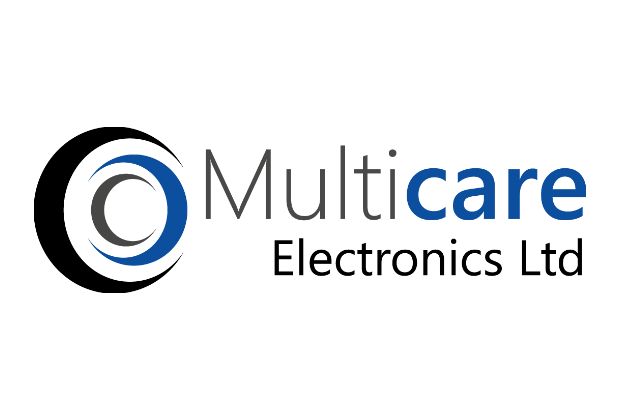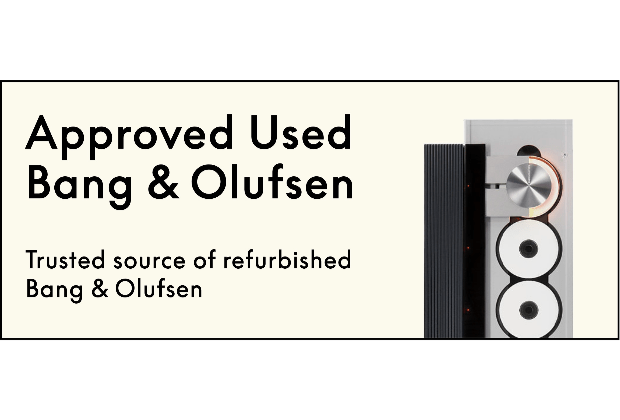Home › Forums › Product Discussion & Questions › BeoLink › MCL2AV datalink CD and TAPE connections
- This topic has 3 replies, 2 voices, and was last updated 2 years, 2 months ago by
B3OHACK3R.
-
AuthorPosts
-
16 December 2023 at 12:44 #51306
Madskp
GOLD MemberThe MCL2AV box https://www.beoworld.org/prod_details.asp?pid=978 is a very versatile piece of kit. Besides working as a Link room with local sources it can also function stand alone like a “light” Beomaster. An example of a use case from the System manual 89-90 is shown below.
However if the local sources are not datalink equipped Beocord or Beogram/CD the MCL2AV will revert the PHONO, CD and TAPE commands to the MCL connection and try to play these source from the main room instead. The local ports can still be operated, but with a longer command like SHIFT, RADIO, 6 for tape and SHIFT, RADIO, 7 for CD.
In practice what happens when TAPE is pressed is that the local TAPE connection is activated for 5-10 seconds, and then it reverts to the MCL connection. My best guess is that it needs some kind of handshake with a datalink equipped unit to keep the TAPE command to the local connection.
What I would like to know is if it was possible by simple means to fake a datalink connection on the local connections so the simple TAPE and CD commands can be used.
So my question to the datalink bits and bytes experts of this forum is if the handshake between a Master unit and a datalink Beocord/Beogram require a microchip with some software, or if it could be solved by a more simple electronic circiut?
Hope this makes sense and that someone can answer it
Thanks in advance
Location: Denmark
16 December 2023 at 14:49 #51307B3OHACK3R
BRONZE MemberSo my question to the datalink bits and bytes experts of this forum is if the handshake between a Master unit and a datalink Beocord/Beogram require a microchip with some software, or if it could be solved by a more simple electronic circiut?
Yes, it requires some kind of software and a microcontroller to “fake” that connection.
The datalink protocol between BeoGram and a master is much simpler than the “Audio Aux Link” datalink but in any case you are not getting away with it without faking a digital message on the data pin.16 December 2023 at 16:32 #51308Madskp
GOLD MemberSo my question to the datalink bits and bytes experts of this forum is if the handshake between a Master unit and a datalink Beocord/Beogram require a microchip with some software, or if it could be solved by a more simple electronic circiut?
Yes, it requires some kind of software and a microcontroller to “fake” that connection. The datalink protocol between BeoGram and a master is much simpler than the “Audio Aux Link” datalink but in any case you are not getting away with it without faking a digital message on the data pin.
Thanks for the answer. Was really hoping for a simple identifier like a certain resistor value or something.
But of course for the intended purpose of the product from B&O’s side this should not be an issueThanks again for clarifying
Location: Denmark
17 December 2023 at 00:46 #51309B3OHACK3R
BRONZE MemberYes, it’s really just digital. As far as I know no master or slave device does any kind of analog readings on the data pin.
-
AuthorPosts
- You must be logged in to reply to this topic.







